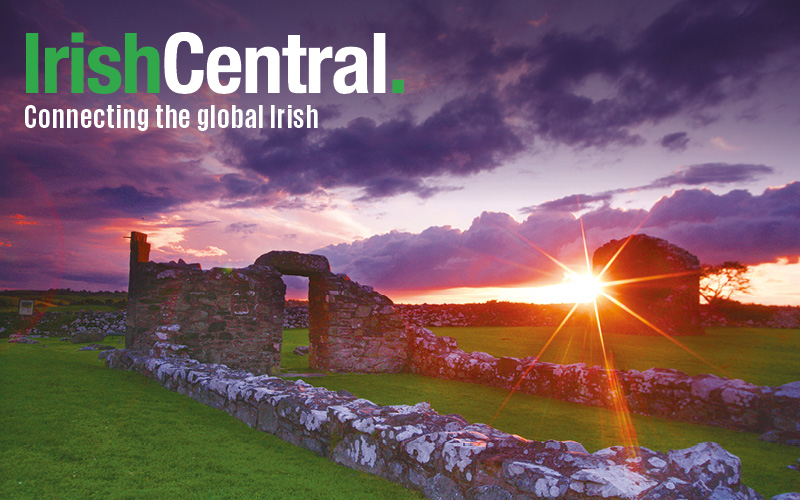Taoiseach Leo Varadkar has said that Ireland will not play any role in helping the UK create a border between the North and the Republic.
Varadkar said it is up to the British government to devise a solution to the border in Brexit’s wake, warning that even then Ireland may not approve it.
"There hasn’t been an economic border since 1992. As far as this Government is concerned there shouldn’t be an economic border.
"We don’t want one. It’s the United Kingdom, it’s Britain that has decided to leave and if they want to put forward smart solutions, technological solutions for borders of the future and all of that that’s up to them," he said.
"We’re not going to be doing that work for them because we don’t think there should be an economic border at all. That is our position."
The Irish Independent reports that as Dublin has until now been working closely with the UK government to devise what Prime Minister Theresa May has described as a “frictionless border,” the taoiseach's comments are likely to come as a shock.
Varadkar has also rejected the proposed idea of using technology to monitor goods crossing the border.
When asked whether he was concerned that his rhetoric could upset the DUP in Northern Ireland or Downing Street, he replied: “'I hope there won’t be any angry response from anyone. Anger isn’t a policy and anger doesn’t lead to solutions. But if anyone is angry it should be us.”
“It is the British and the Brexiteers who are leaving, so if anyone should be angry it’s us quite frankly. But we’re not going to get angry. We are going to try and find solutions that will benefit or at least minimize the damage to relations between Britain and Ireland, to the peace process and to trading links. But what we are not going to do is design a border for the Brexiteers.
“They are the ones who want a border, it is up to them to say what it is, to say how it would work and to first of all convince their own people, their own voters, that this is actually a good idea,” he said.
The taoiseach added: “We do not think it’s in the interests of Northern Ireland or the United Kingdom that there should be an economic border between our two countries or on our island and we’re not going to be helping them to design some sort of border that we don’t believe should exist in the first place.”
“So let them put forward their proposals as to how they think a border should operate and then we’ll ask them if they really think this is such a good idea because I think it will have a very severe impact on their economy if they decide to go down that route.”
In response to Varadkar’s comments, former Ulster Unionist Party first minister David Trimble said that any suggestion that "the border should run down the Irish Sea with Northern Ireland being obviously on the Irish side rather than the British side is something that is completely unacceptable and is simply not going to happen."
He added that raising the possibility could do "enormous damage" to the relationship between Dublin and Belfast, which he said had been "quite cordial" since the Good Friday Agreement, the Irish Independent reports.
Talking to Sky News, Trimble said that Ireland joined the EU at the same time as the UK and i”t should seriously consider following us out.”
He added: "I do have to say too, to the new Irish prime minister and the new Irish foreign minister - they should go away, calm down and look carefully at that agreement that we negotiated...
"They need to go back to that and to think carefully about their obligation to abide by that agreement and not be seen to try and undermine it."
In response to Varadkar’s comments about the border, a spokesperson for the UK Brexit office said finding a solution is “a top priority, which we want to address early in the negotiations.”
“We are pleased to have had constructive discussions with the European Commission on this already.
"As we have always been clear, our guiding principle will be to ensure that – as we leave the EU – no new barriers to living and doing business within the UK are created,” said the spokesperson.
"We aim to have as frictionless a border as possible between Northern Ireland and the Republic Ireland and we welcome the European Council’s recognition that flexible and creative solutions will be required.
"It is our priority to deliver a practical solution, that recognizes the unique social, political and economic circumstances of the border."




Comments